
Helping Students Embrace Challenges in Math Class
Getting students to really embrace challenges in math is a challenge! So often we get the message that struggle is a bad thing, something to avoid. However, struggle is a necessary part of learning, especially in math.
Math teachers who possess these 3 core values are prepared to genuinely help students embrace challenges in math.
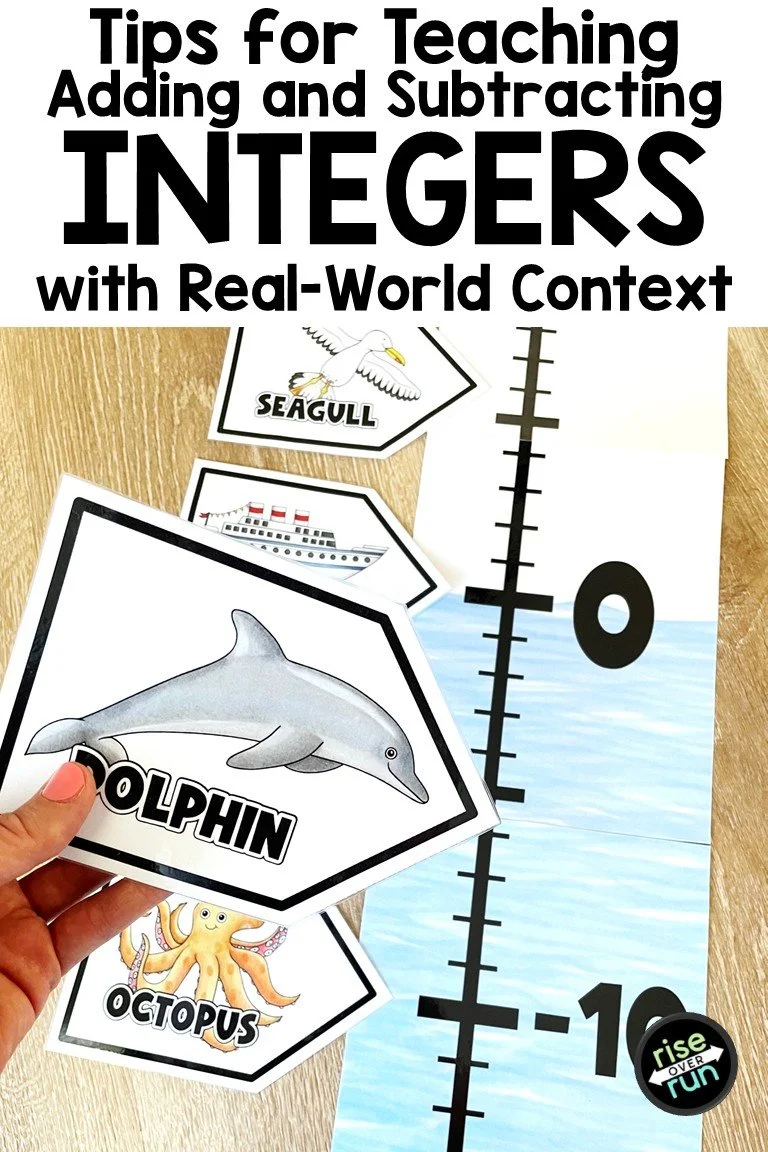
Teaching Adding and Subtracting Integers with Real-World Context
Let’s talk about adding and subtracting integers, one of my favorite topics! I want to give you some ideas for making it engaging and helping students truly understand what they’re doing.
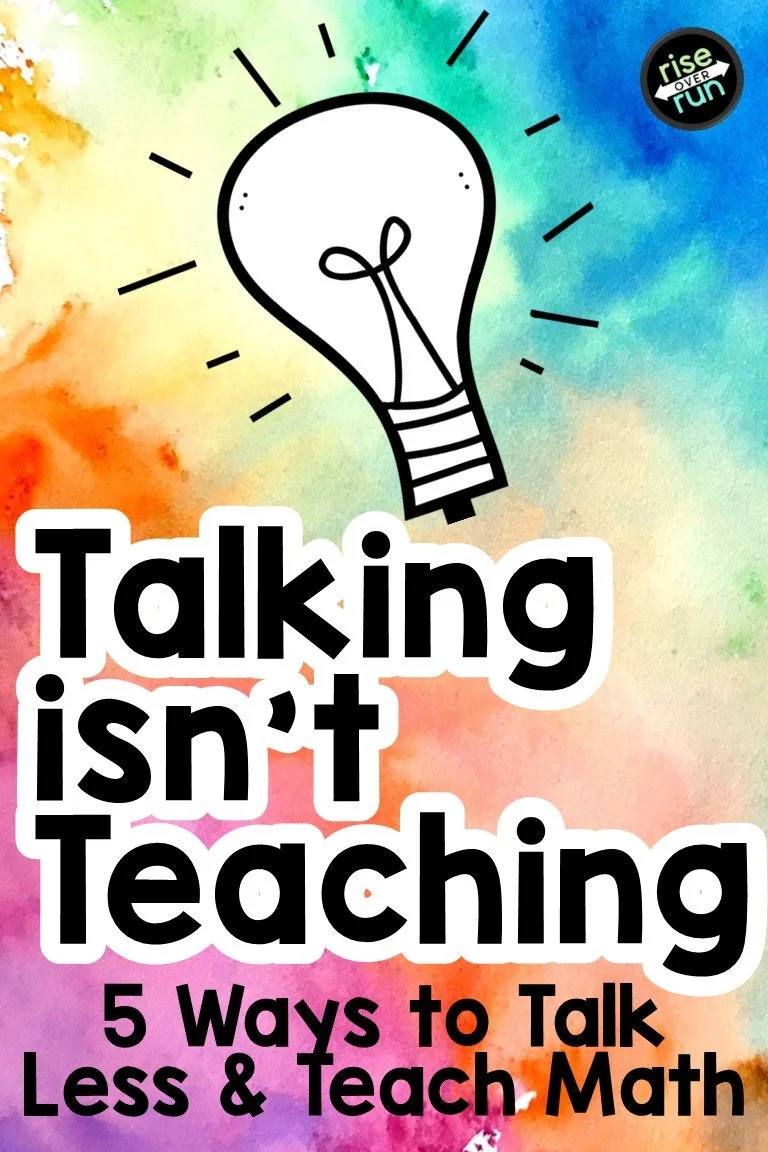
Talking Isn’t Teaching: Helping Students Truly Learn Math
One of the hardest shifts as a math teacher is stepping back and giving students space to think. We want to help. We want to explain, but often, our talking takes away the chance for them to wrestle with the math. Here are five practical ways to reduce teacher talk and increase student learning time.
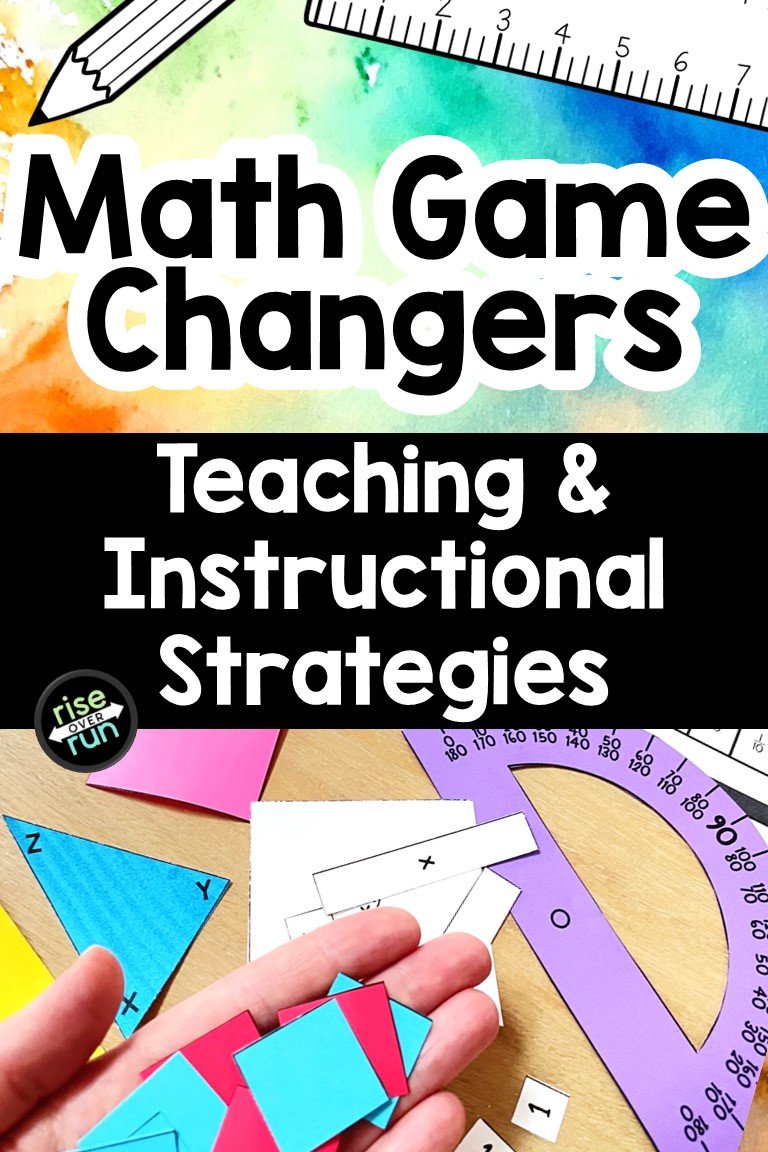
Math Instructional and Teaching Strategies
As math teachers, we are always looking for strategies that help our learners understand the concepts we’re teaching. I asked teachers on Instagram to tell me game-changing strategies that made their math lessons more effective. Several of the ideas were small changes that can have a big impact.

You are a Math Person: Promoting a Positive Math Identity with Students
Are you a math person? Do your students see themselves as math people? Students and teachers often hear that certain people are math people and others are not. The truth is that no one is born doing math, and everyone can get better and better at math. We also need to show students that being fast at calculations is not what makes someone good at math. Math takes hard work, thinking, problem solving, creativity, analytical skills, communication skills, and more. In short, there are many ways to be a math person. When we help students see they have many math strengths, they start to develop a positive math identity and see themselves as math people.
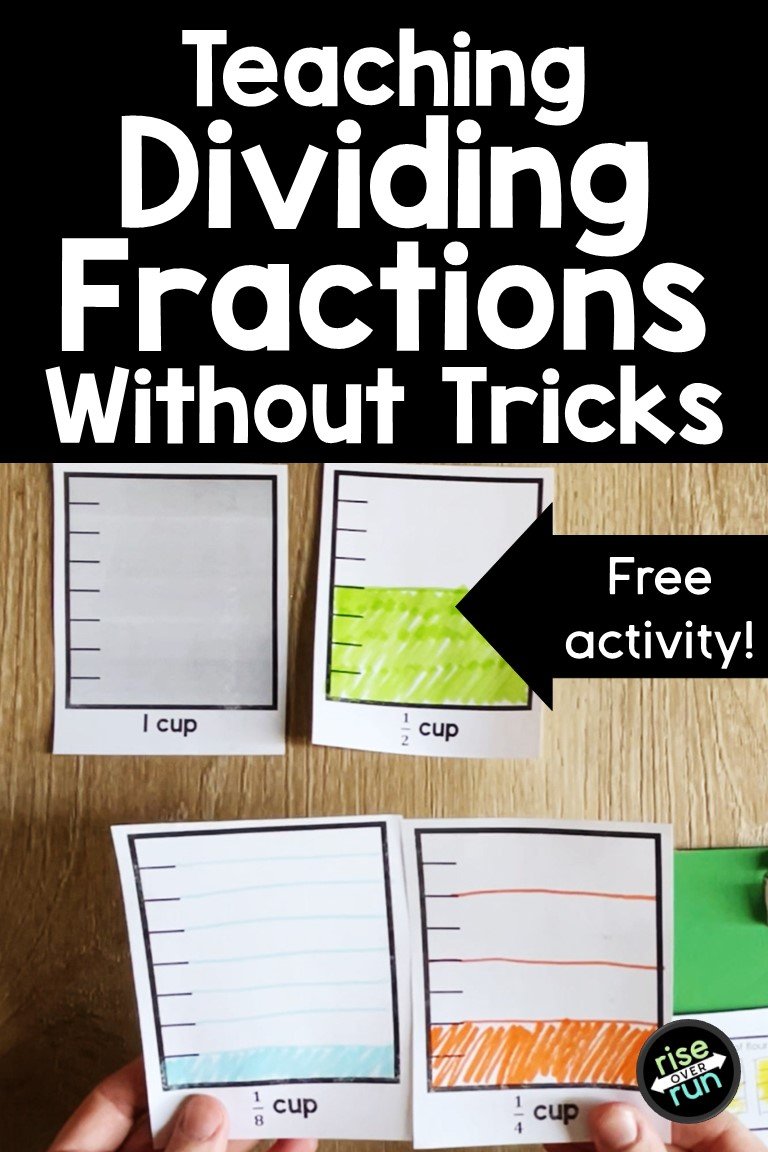
Math Without Tricks: Making Sense of the Division of Fractions
The "Keep-Change-Flip" (KCF) method is a common math trick used to teach students how to divide fractions. The instructions are simple: keep the first number, change the division sign to multiplication, and flip the second fraction. This method works and provides the correct answer, but there is a significant downside.
If our only focus is on getting the answer, KCF can seem very appealing. However, students often end up with no clue how they arrived at that answer or if it even makes sense. Additionally, tricks without meaning are frequently applied incorrectly in later problems, leading to confusion and errors.
I am a strong advocate of helping students understand that math makes sense. I'll show you a way to approach fraction division that gets students thinking critically and making sense of their answers.
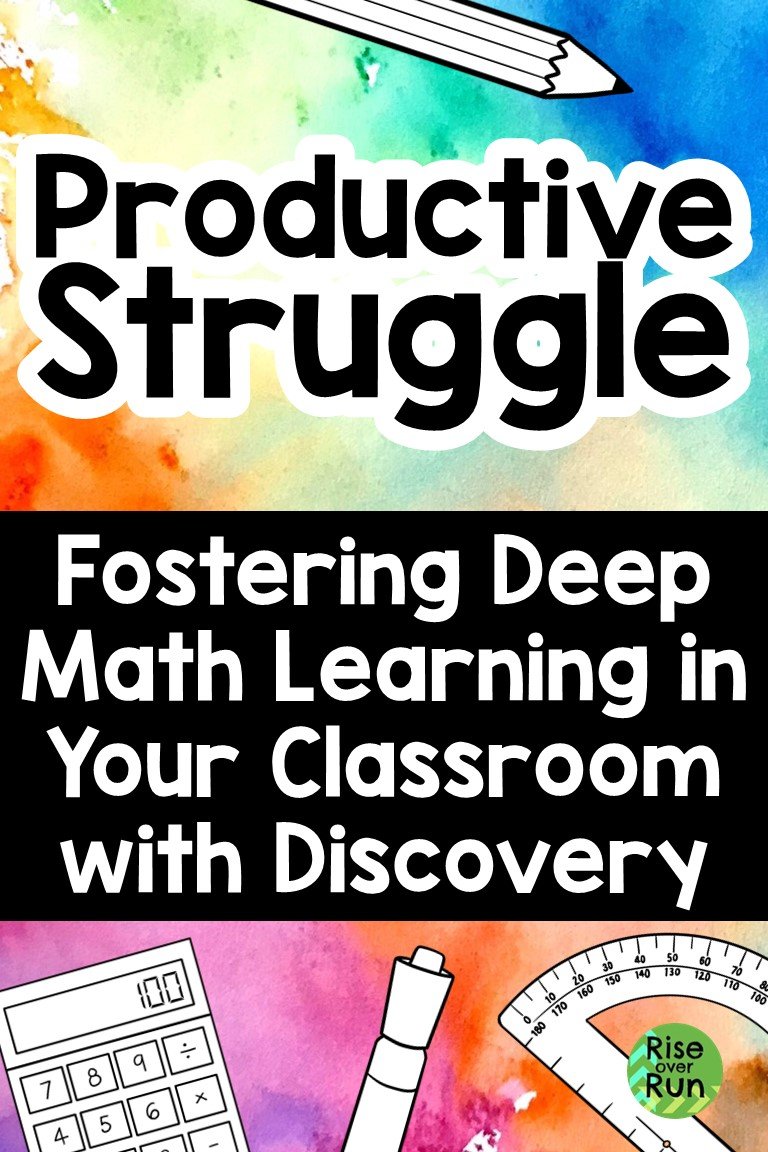
Productive Struggle: Fostering Deep Math Learning in Your Classroom with Discovery
Productive struggle is the process where students face challenging problems or concepts that they don't immediately know how to solve. However, they approach these challenges with hope and confidence, believing that with effort and perseverance, they can arrive at a solution. This is a mindset that takes time to develop.
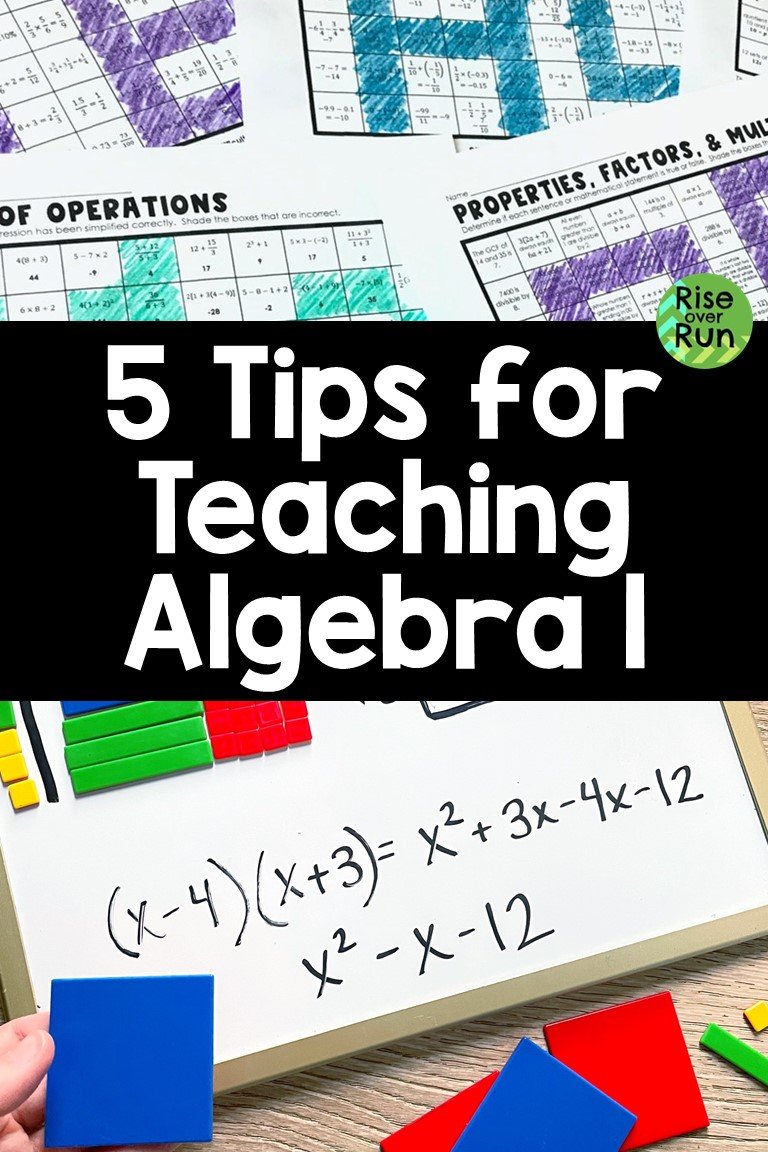
Tips for Teaching Algebra 1
Teaching Algebra 1 can be a lot of work. Students learn lots of new concepts and face lots of new challenges. (But help is here!) To help you prepare for your best year yet of Algebra 1, I’ve gathered 5 of my best tips and favorite resources!
